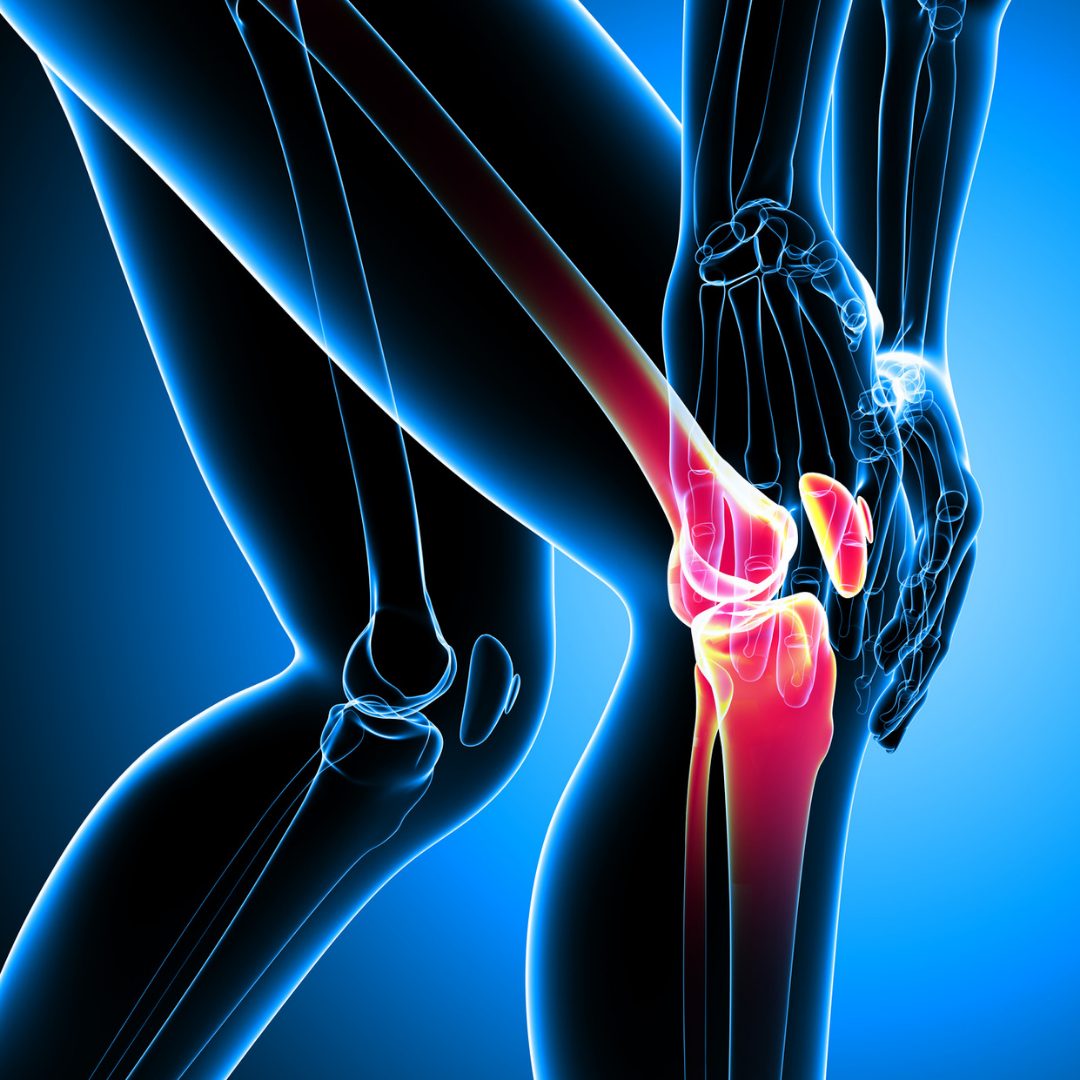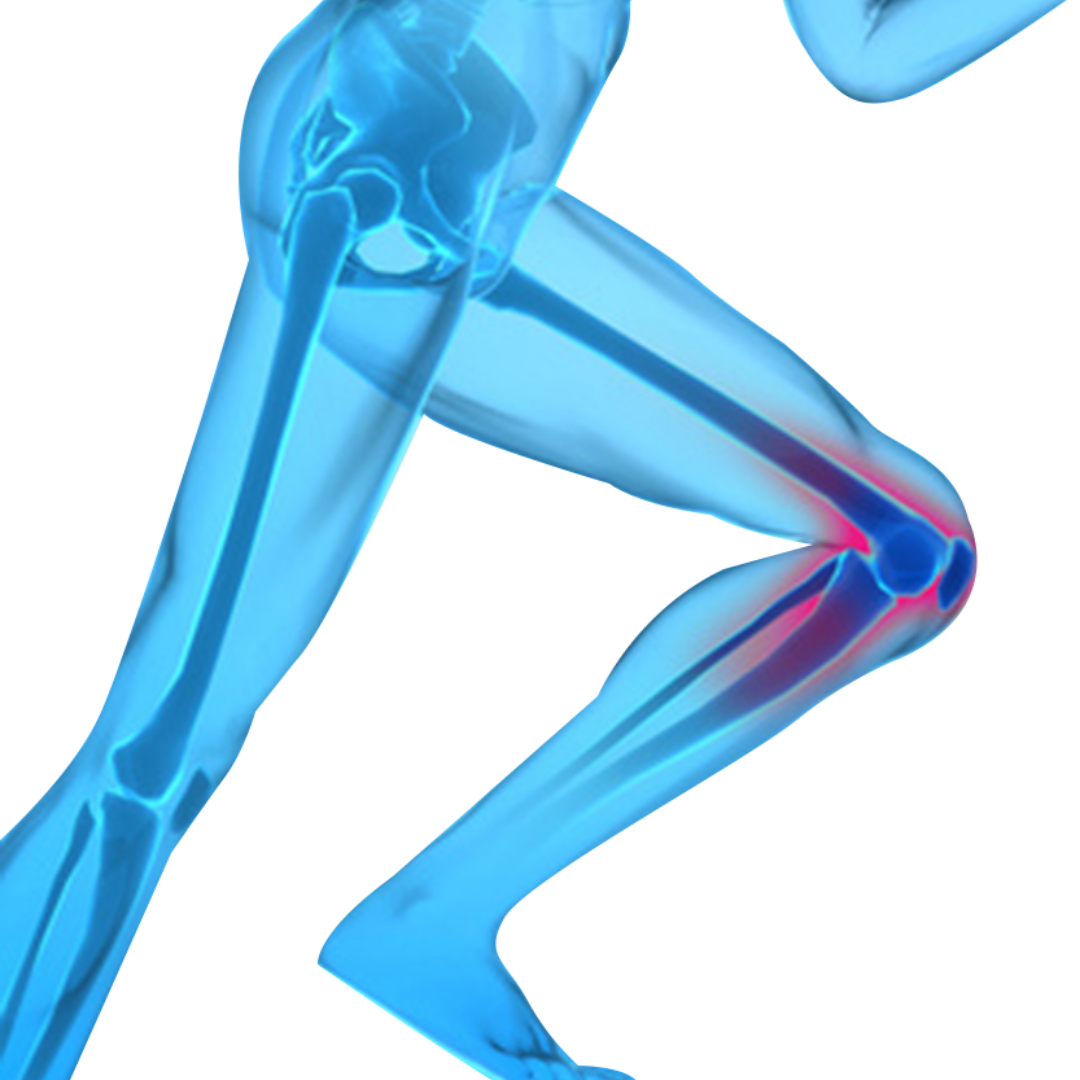
Knee Arthroplasty Revision / Knee Replacement Revision Surgery in Bursa/İstanbul, Turkey
Package Details
A patient who has had knee replacement surgery may also need to have their knee prosthesis revised. During this treatment, which is frequently referred to as a "re-operation," the patient's prosthesis is removed and a new prosthesis is installed.
TURAN TURAN charges $8,000 for revision surgery for knee arthroplasty or knee replacement.
The cost consists of,
• Consultation
• Preoperative blood tests
• Preoperative ECG
• MRIs, X-rays, and CTs before and after surgery
• A five-day hospital stay
• Medical checkups
• Nursing care
• Room fees
• Transfers from the airport to the hospital (round trips)
What are the most frequent causes of revision surgery for knee replacement?
As with other procedures, infection is a possible complication that may occur following knee replacement. It might happen right away, just after you leave the hospital, or even years later. After knee replacement surgery, there is a less than 1% chance of infection. The prosthesis becomes looser if an infection spreads. These individuals experience knee problems such pain, edema, redness, temperature rise, and occasionally discharge.
Early infection detection allows for effective therapy, which consists of washing, surgical cleansing (debridement), leaving the metal pieces in situ, and changing the plastic spacer. However, 2-stage revision surgery is used for infections that present late or are discovered late. First, the prosthesis is taken out, the joint's inside is cleansed and sanitized, and then an antibiotic-infused cement filler is injected to the joint. When it is judged that the infection has improved after a few months of antibiotic therapy, the second step is begun and a new knee replacement operation is carried out.
Space and unbalance in the knee: As a knee prosthesis wears out over time, it's possible that the ligaments that stabilize and support the knee joint may start to perform less well. The knee's ability to move, bend, or walk is compromised when the necessary ligament balance is not there. Revision surgery is carried out in this instance to replace the worn prosthetic element or parts in the knee.
Stiffness: Following knee replacement surgery, a restriction in the range of motion needed to carry out everyday tasks may occasionally appear. It can be brought on by an overabundance of healing tissue that grew around the joint during the healing process. To open joint motions in the early stages, "manipulation under anesthesia" is used. You will be given anaesthetic throughout this treatment so that you won't feel any discomfort. Your knee is bowed by the doctor to release the adhesions. The majority of the time, this technique is effective in increasing range of motion. However, the knee might occasionally stay stiff. Revision surgery might be necessary if your knee's components or extensive scar tissue are restricting your range of motion.
Abrasion and loosening: Over time, wear, tear, loosening, and fracture may take place in the prosthetic parts as a result of friction between the prosthesis parts. A knee prosthesis has to be tightly fixed to the bone in order to operate. For this, cement is typically utilized. However, if the prosthesis' bone connection diminishes over time, the prosthesis may become loose and cause discomfort in the knee.
It's not always obvious why people should unwind. Activities that put pressure on the knee joint, knee prostheses worn by young, active people, being overweight, and wear on the plastic spacer between the two metal components of the prosthesis are some of the causes.
The body's immune system responds to the accumulation of small particles in the joint brought on by the wear of the plastic insert, which serves as a spacer. The healthy bone surrounding the prosthesis is destroyed by this reaction, a process known as osteolysis. As a result of the ensuing osteolysis, the bone supporting the prosthesis is destroyed, the prosthetic bone's adhesion is compromised, and the prosthesis loosens. When the knee is relaxed, its balance is off. Following relaxation, the knee's balance is off, which hurts. Knee prosthesis revision surgery must be done in this situation.
Fractures around the prosthesis: These fractures are breaks in the bone near the knee replacement's parts. These fractures, which almost always originate from falls, typically call for knee replacement surgery. It is necessary to assess factors like the bone's quality, the type and location of the fracture, and whether the prosthesis is loose before deciding what to do during revision surgery.
Risks and Complications of the Procedure:
Knee replacement surgery carries some dangers, just like any other type of surgery. The likelihood of problems is increased since it is longer and more involved than the first knee replacement. When replacing a knee prosthesis, potential risks and problems include wound opening,
Infection, bleeding, stiffness, bone fracture, nerve or artery injury, clot development in the vessel, and pulmonary embolism are a few of the possible symptoms.





.png)
.png)
.png)
